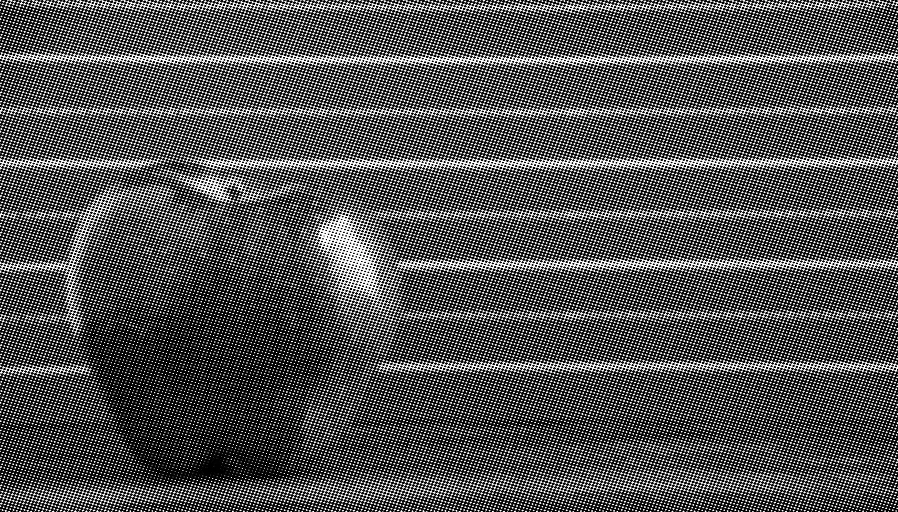Toronto Measurement-Based
Care Specialist & Mental Health
Data Consultant
If you work in a mental health private practice, you already know the challenge. Endless forms. Reports that drain time and spirit. Everyone talks about measurement-based care, but few show you how to make
it meaningful, sustainable, and human.
That is where Dr. Michelle Raab begins.
About Dr. Raab:
Turning Data into Meaningful,
Human-Centered Insights
Dr. Michelle Raab is an experimental psychopathologist, storyteller, psychometrician, and implementation specialist who helps Toronto mental health private practices turn data into clarity and care.
As a Measurement-Based Care Consultant and Founder of Mind Alchemy Metrics, she teaches teams to see what their mental health data show, creating simple, sustainable systems that reflect their clinical rhythm and reveal the human stories behind
every number.
For Dr. Raab, data are not just numbers. They are alive with the pulse of care, carrying echoes of progress, struggle, and resilience. When seen clearly, these data reveal patterns that:
Guide clinician attention and reflection
Strengthen ongoing mental health patient care
Support meaningful practice improvements
Research & Data Expertise
Dr. Raab earned her PhD in experimental psychopathology, with a subspecialty of quantitative methods from the University of Hawaii at Manoa. Prior to that, she completed a Master of Arts in psychology, specializing in clinical studies at the same institution.

While completing her graduate training at university of hawaii at manoa , Dr. Raab
Worked in a public mental health research lab. Those long hours with data sparked her fascination with the hidden patterns that reveal how people heal.
Presented her research at national conventions and received an Early Career Award from an invitational session jointly organized by the U.S. National Institute on Alcohol Abuse and Alcoholism (NIAAA) and the National Institute on Drug Abuse (NIDA)
at an annual American Psychological Association (APA) conference.
Served as a data manager for a federal clinical psychology intervention research team, overseeing randomized controlled trials (RCTs) and pilot studies, leading data-entry staff, and managing the full data cycle.
Through those experiences, Dr. Raab learned that good data systems are not built by software alone. They begin with listening. When you listen to your mental health practice’s team and to your data at the same time, the noise starts to make sense. What once felt like chaos starts to show its rhythm.
Professional Affiliations
American Psychological Association
2006 to Present

Community & Systems Work
Dr. Raab’s ability to translate complex data into meaningful insight naturally extended beyond research into community-focused projects. Throughout her professional career she has also applied her expertise to:
Leading grassroots community organizing to help local groups use data for advocacy and collective action.

Managing a community-based project focused on special education and gathering data from parents, educators, and service providers to understand system gaps.

Conducting informal systems analyses to improve support for children with special needs.
About Mind Alchemy Metrics
Drawing on years of research, data management, and community work, Dr. Raab created Mind Alchemy Metrics in 2023, guided by one clear belief: data should empower, not entangle.
From hands-on measurement-based care workshops and introductory data consultations to deep-dive audits, tailored analyses, and on-demand support,
Dr. Raab and Mind Alchemy Metrics help Ontario mental health clinics:
See what their data already know about their care.
Transform routine measurement into meaningful reflection.
Design workflows that support the practice’s operations, build team confidence, and keep focus where it belongs—on care.
Turning Numbers into Clarity
Mind Alchemy Metrics doesn’t just provide measurement-based care consulting and analysis—it builds the capability for Toronto mental health practices to read and act on their own data.
Because the goal is not dependency. It is fluency.
When you understand your data, you understand your practice.
When you understand your practice, you can see your impact.
That is the alchemy: turning numbers into clarity, and your mental health clinic’s work into insight that supports healing.
See What Your Data
Can Reveal
Learn how Dr. Michelle Raab and Mind Alchemy Metrics can help your Toronto-based mental health clinic transform routine measurement into meaningful insights and streamlined workflows.
Book Now